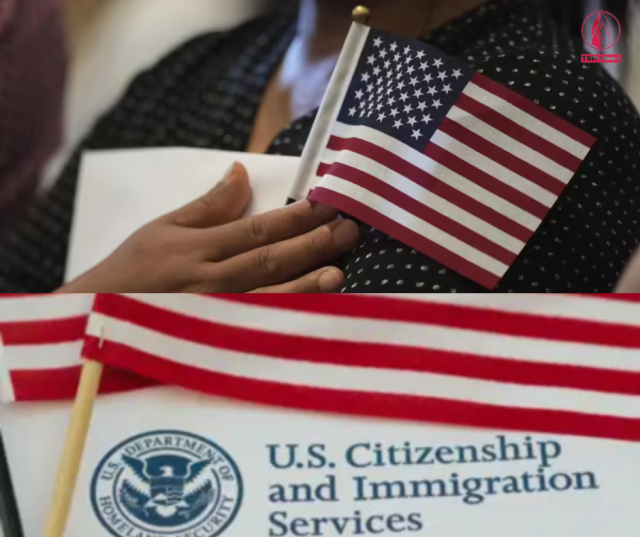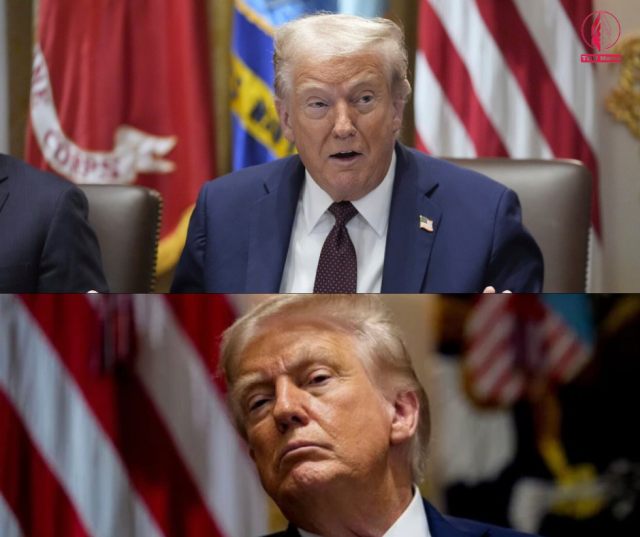New USCIS Policy Flags 'Anti-American' Views as Visa Red Flag
- Posted on August 21, 2025
- International News
- By Arijit Dutta
- 128 Views
A new USCIS policy may deny U.S. visas to individuals deemed “anti-American.” The controversial update permits immigration officers to reject applicants based on ideological beliefs, raising concerns about free speech and subjectivity. Legal experts warn the policy may unfairly target dissenters and misuse broad interpretations of national loyalty.

A new policy update from the United States Citizenship and Immigration Services (USCIS) has sparked controversy for allowing visa applications to be denied based on perceived “anti-American” views. According to the update, immigration officers can now consider applicants’ ideologies and affiliations when determining eligibility for visas, green cards, or citizenship.
The USCIS states that anyone who has endorsed or supported terrorist organizations or expressed antisemitic or anti-American ideologies could face rejection. The agency emphasized that immigration benefits are a privilege, not a right, and applicants must show alignment with American values. USCIS spokesperson Matthew Tragesser said the agency is committed to rigorous vetting to prevent individuals who may despise the U.S. from entering or settling in the country.
This move follows a series of measures under the Trump administration aimed at tightening immigration controls. Earlier, USCIS had started monitoring the social media activity of visa applicants and encouraged international students and exchange visitors to keep their accounts public. Additionally, the agency has revised how it evaluates "good moral character" for citizenship, now taking into account both past conduct and positive contributions.
Critics argue that the policy is vague and grants too much discretionary power to immigration officers. New York-based immigration lawyer Cyrus D Mehta questioned how “anti-American” would be defined and warned that dissent or criticism of the government could be misinterpreted. He called for clearer guidelines to prevent subjective and potentially biased decisions.
Also Read: TikTok Ban Uncertain as White House Launches Official Account
Attorneys and rights advocates worry that such policies could suppress free speech and penalize legitimate political opinions. They argue that immigration decisions should be based on concrete legal grounds, not ideological alignment.



